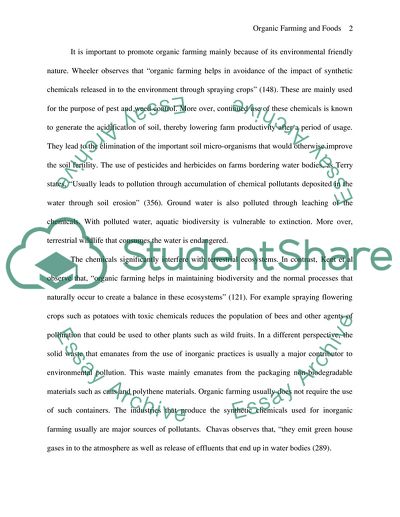Cite this document
(Why Should We Promote Organic Farming and Foods Case Study, n.d.)
Why Should We Promote Organic Farming and Foods Case Study. Retrieved from https://studentshare.org/environmental-studies/1554963-organic-foods-why-should-we-promote-organic-farming-and-foods
Why Should We Promote Organic Farming and Foods Case Study. Retrieved from https://studentshare.org/environmental-studies/1554963-organic-foods-why-should-we-promote-organic-farming-and-foods
(Why Should We Promote Organic Farming and Foods Case Study)
Why Should We Promote Organic Farming and Foods Case Study. https://studentshare.org/environmental-studies/1554963-organic-foods-why-should-we-promote-organic-farming-and-foods.
Why Should We Promote Organic Farming and Foods Case Study. https://studentshare.org/environmental-studies/1554963-organic-foods-why-should-we-promote-organic-farming-and-foods.
“Why Should We Promote Organic Farming and Foods Case Study”. https://studentshare.org/environmental-studies/1554963-organic-foods-why-should-we-promote-organic-farming-and-foods.


